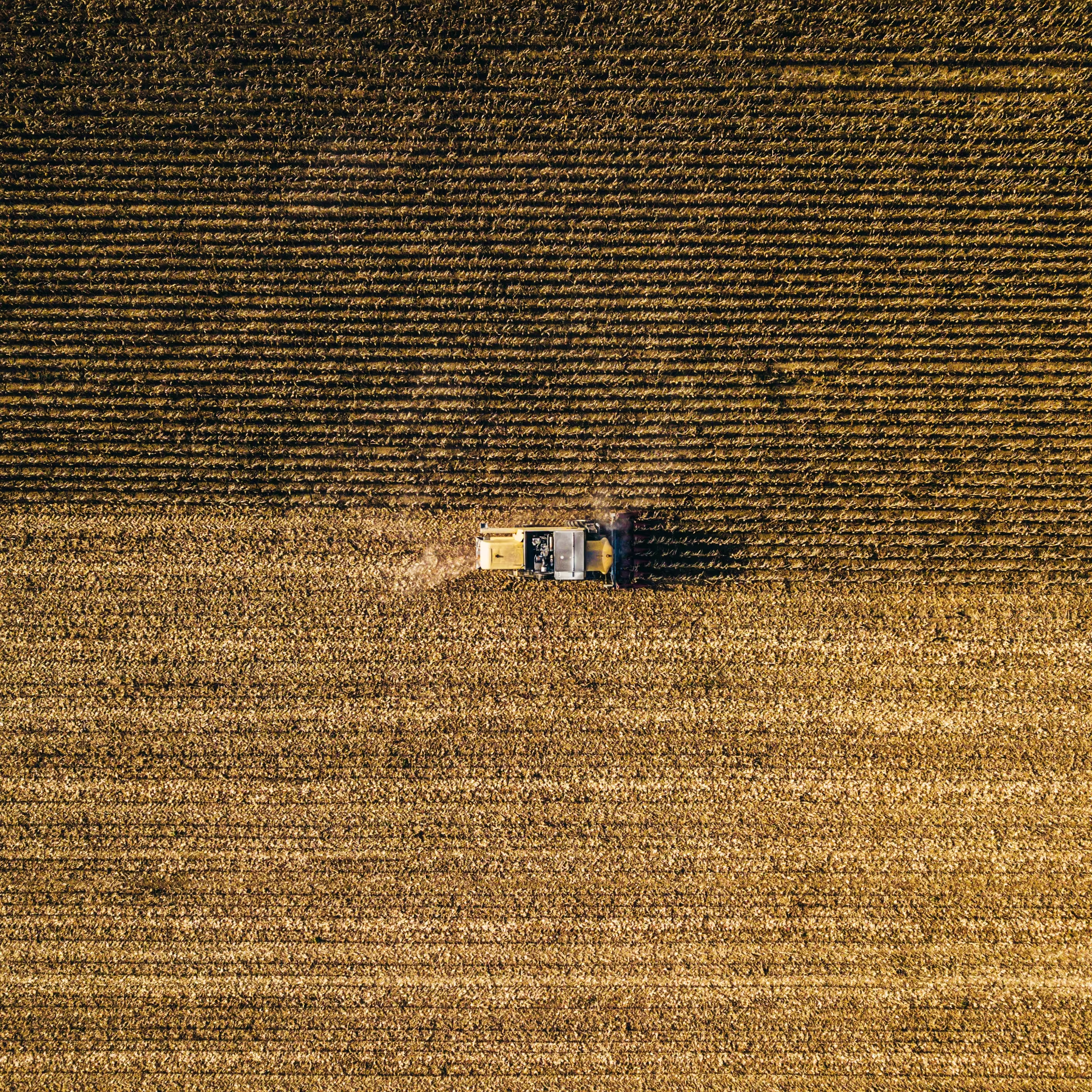Domains

Food
- Identifying and tracking microorganisms present in food products, such as bacteria, viruses, and fungi
- Ensuring food safety and quality by detecting the presence of harmful pathogens and monitoring the populations of beneficial microorganisms
- Tracking the origin of food products Improving food production by identifying beneficial microorganisms that can be used in fermentation processes
- Identifying spoilage microorganisms
- Developing new food products.

Environmental
Microbial communities in the context of geochemical processes and the evolution of Earth's surface
environments It can help answer questions such as:
- Which pathogens are present in the soil of an urban area?
- Which microbes stimulate growth of plants?
- What metabolic processes are present in the soil?

Medical
- The collection of microorganisms that live in and on the human body
- The diversity and function of these microorganisms
- The gut microbiome and its effects on conditions such as obesity, diabetes, and inflammatory bowel disease.

Nutrition
- Identifying specific microorganisms present in the gut
- Tracking changes in the microbiome over time
- Developing personalized diets and nutritional interventions
- Targeting specific gut microorganisms to improve health outcomes such as weight loss, inflammation, and gut health.

Water
- Identifying and tracking the presence of pathogens
- Understanding how different microorganisms interact with one another
- Identifying microorganisms that play key roles in nutrient cycling and other important ecosystem processes
- Monitoring water quality, detect the presence of pollutants, antibiotic resistance, and track the impacts of human activities on aquatic ecosystems
- Identifying new microorganisms that could be useful for bioremediation or other applications in water treatment.

Bioindustry
Studying the microbial communities involved in industrial processes: Metagenomics can be used to
study the microbial communities involved in various industrial processes such as:
- Fermentation
- Bioremediation
- Waste treatment
- Develop more efficient and sustainable industrial processes
- Study the microbiome and its potential role in human health in the pharmaceutical industry.
